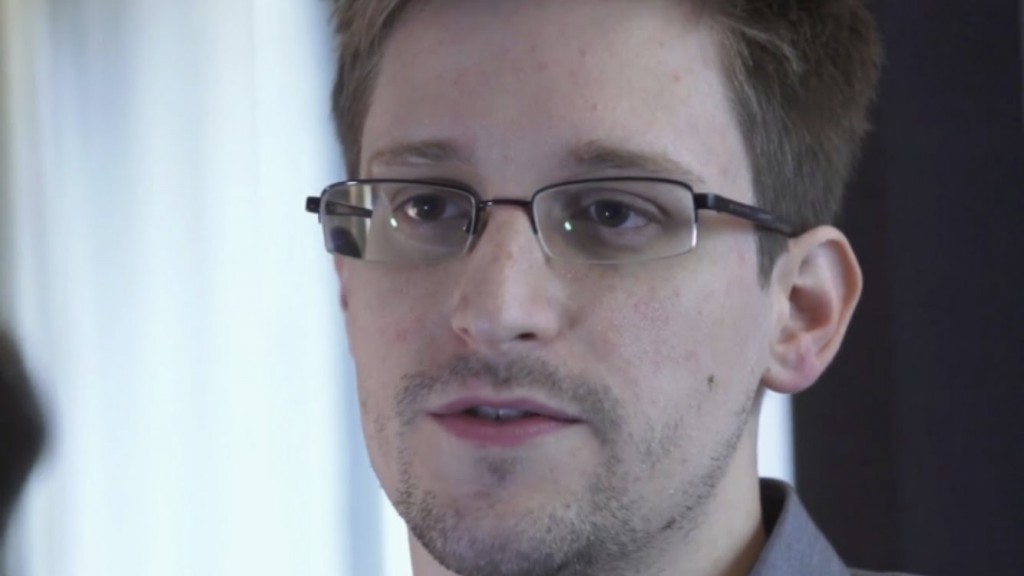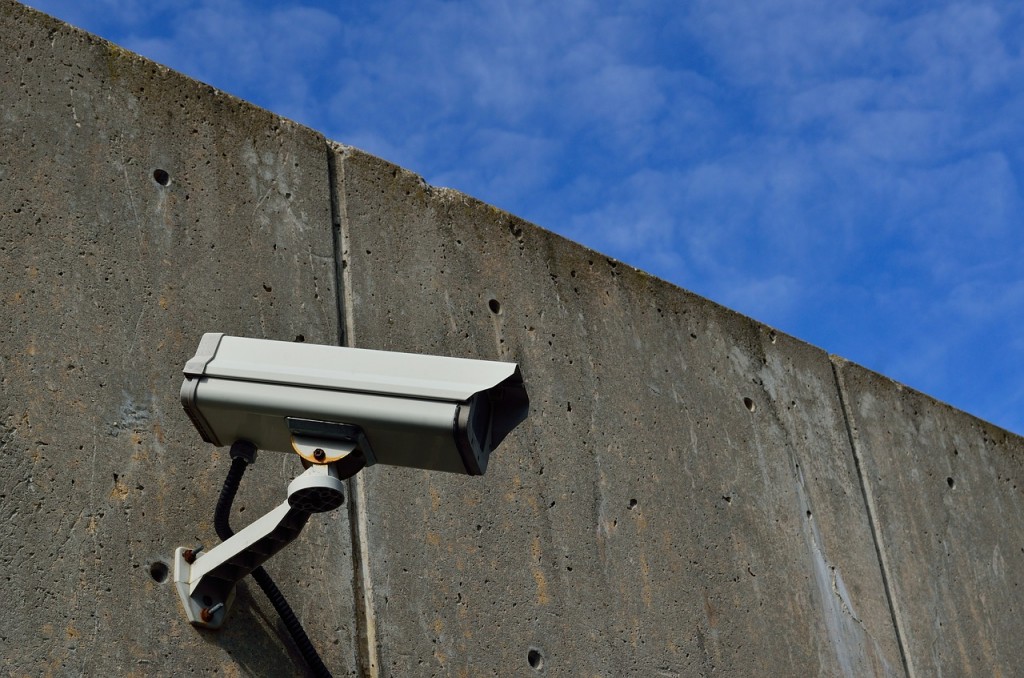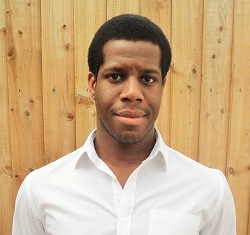As the Investigatory Powers Bill continues to progress through Parliament, RightsInfo takes a look this week at some of the key human rights issues raised by the Bill – privacy, big data, and mass surveillance. Today we explore the theme of mass surveillance.
From the Snowden leaks in mid-2013 to the interest surrounding a US court’s ruling that Apple de-crypt a terrorist’s iPhone, the words ‘mass surveillance’ are commonly used to describe many kinds of privacy infringement. In this post we ask ourselves the question – what exactly is mass surveillance and how might it interfere with our human rights?
What is mass surveillance?
Mass surveillance is the practice of spying on an entire, or significant part of a, population. It can involve anything from CCTV monitoring and email interceptions, to wire tapping and computer hacking. Often, mass surveillance is carried out by the state but it can also be carried out by corporations, either on behalf of government or on their own initiative.
Why is it a problem for human rights?

Mass surveillance interferes with our fundamental right to privacy. Privacy means we can be free from unwanted disturbance or attention into our lives. It is an important aspect of our personal freedom, identity and dignity.
On the other hand, mass surveillance intrudes on our private lives. When the state can monitor the most intimate parts of our lives without restriction, it weakens our sense of personal freedom. In extreme circumstances, mass surveillance has been used and abused by governments to clamp down on political activists and trade unions.
Our right to respect for private and family life is protected under Article 8 of the European Convention of Human Rights, which is incorporated into UK law under the Human Rights Act 1998. Under Article 8, the state can’t interfere with our privacy unless it’s lawful, proportionate to the stated aim of the interference and necessary to do so.
Moreover, in the case of Kennedy v United Kingdom (2010), the European Court of Human Rights stressed that secret surveillance must be “strictly necessary for safeguarding democratic institutions” and that “there must be adequate and effective guarantees against abuse.”
Why is everyone talking about it?
There have been major developments in digital technology over the past few decades. An estimated 3 billion people in the world now use the internet. Along with the spread of social media and smart devices, it’s become easier for human beings to communicate and access data worldwide.
Because of this, we’re also at greater risk of having our privacy violated and our personal information exploited. The recent news about the Mossack Fonseca (or “Panama Papers”) data leak serves as an important example of how difficult it is to guarantee absolute privacy in the digital age.
What’s more, the prevalence of crime and terrorism, particularly in Europe, has spurred the British government to bulk up their existing anti-terrorism laws. Politicians and intelligence officers have argued that they need new surveillance powers to prevent terrorists from launching attacks in he UK.
So who is Edward Snowden and why is he infamous?

Edward Snowden is a former US intelligence analyst and whistle-blower. In 2013, he leaked top-secret files which exposed the existence of a massive surveillance regime. For many years, the US National Security Agency (NSA) had spied on people’s personal communications over the internet. Other intelligence agencies, including GCHQ in the UK, were also involved in the regime. Millions of citizens were targeted and the surveillance regime was hidden from the public.
Did the Snowden revelations have an impact in the UK?
Snowden’s revelations drew the subject of mass surveillance into popular discourse. Legal challenges were brought against the government. In 2015, the UK-based campaign organisation, Liberty, brought a case before the Investigatory Powers Tribunal (IPT), which is the government body responsible for investigating surveillance complaints against the Intelligence Services and other public bodies. The IPT found that GCHQ had a right to interfere with citizens’ private communications under the surveillance regime in order to defend national security. However, the nature of the surveillance regime and its procedures had to be disclosed to the public.
This meant that the British government had violated the right to privacy and freedom of expression up until December 2014, when they finally revealed further information about the surveillance regime. However, the IPT’s judgment did not end GCHQ’s surveillance regime.
So what does the future hold for mass surveillance?
The debate continues about how far the government should interfere with human rights for the sake of national security. The UK Parliament is currently debating the passage of the Investigatory Powers Bill. If passed, the Bill will give the police and security services even more powers to gather online data and intercept internet communications. Undoubtedly, campaigners, politicians and citizens will continue to challenge these measures, to ensure further accountability and restrictions on the government’s spying powers.
For more information on mass surveillance and the right to privacy, check out our poster and explainer on why the right to respect for private and family life matters. If you want to know more about the Investigatory Powers Bill read our news post on the bill here.







